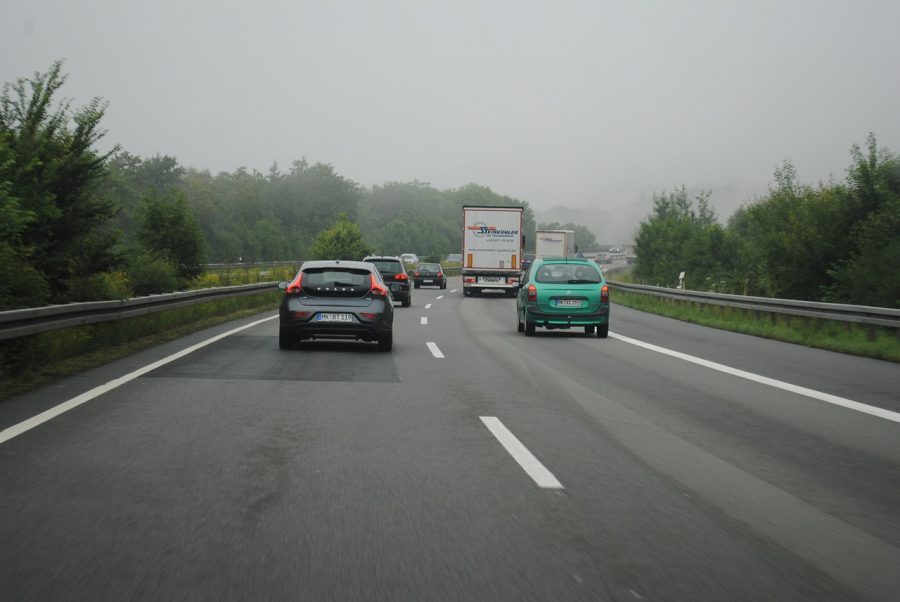Mentorship program favors the fortunate, ignores others
Extensive costs and demands impede students’ enriching experiences
Creative commons photo courtesy of Sauerlaender
Participating in Mentorship, which is a required course, requires a form of transportation. https://creativecommons.org/licenses/by/2.0/
January 17, 2020
In theory, the Communications High School mentorship program is a privilege. Seniors have the rare opportunity to sample potential career paths and step into the shoes of those whom they aspire to become. Students can discover the ins and outs of professionalism without the fear of failure or rejection before facing the true harsh nature of the working world. However, this privilege exists only for the few students capable of meeting its high demands.
Unlike other classes, which require a pencil and spiral notebook, the only material necessary for mentorship is a form of transportation. For many students, this means having access to, and sometimes even purchasing, a car. This thousand-dollar investment is oftentimes beneficial for one year only, until the student attends a college with a strict “no cars on campus for freshmen” policy and leaves it to collect dust in a garage for 10 months.
Even those with access to a vehicle are burdened by the extra costs that come with driving across the county for an entire marking period. “I spent about $40 on transportation per week,” senior Serena Khan of Union Beach, who completed her mentorship at the Graphics Department of the Monmouth County Park System, said. “I got gas twice a week, since my dad’s car uses it up quickly, and I had to use the E-ZPass because of the tolls I had to go through.”
After using a parent chauffeur or carpooling with a friend, ride-hailing services are reliable as a last resort for students who cannot drive. Although it is trustworthy, this option is far from inexpensive. According to Uber’s price calculator, a ride from school to one of the most popular mentorship sites, Brookdale Community College, is roughly $36.
To put this number into perspective, taking Ubers to mentorship four days a week for eight weeks would cost $1,152. Furthermore, this only accounts for a trip to the worksite, so factoring in the expenses to get home would significantly increase the price.
Although the mentorship program mastered the idea of giving students hands-on experience, it continuously fails to acknowledge those who simply cannot afford its extensive costs. Until we find a better alternative to selling your soul for a ride, the class will continue to favor the wealthy and neglect those without the same advantages.





